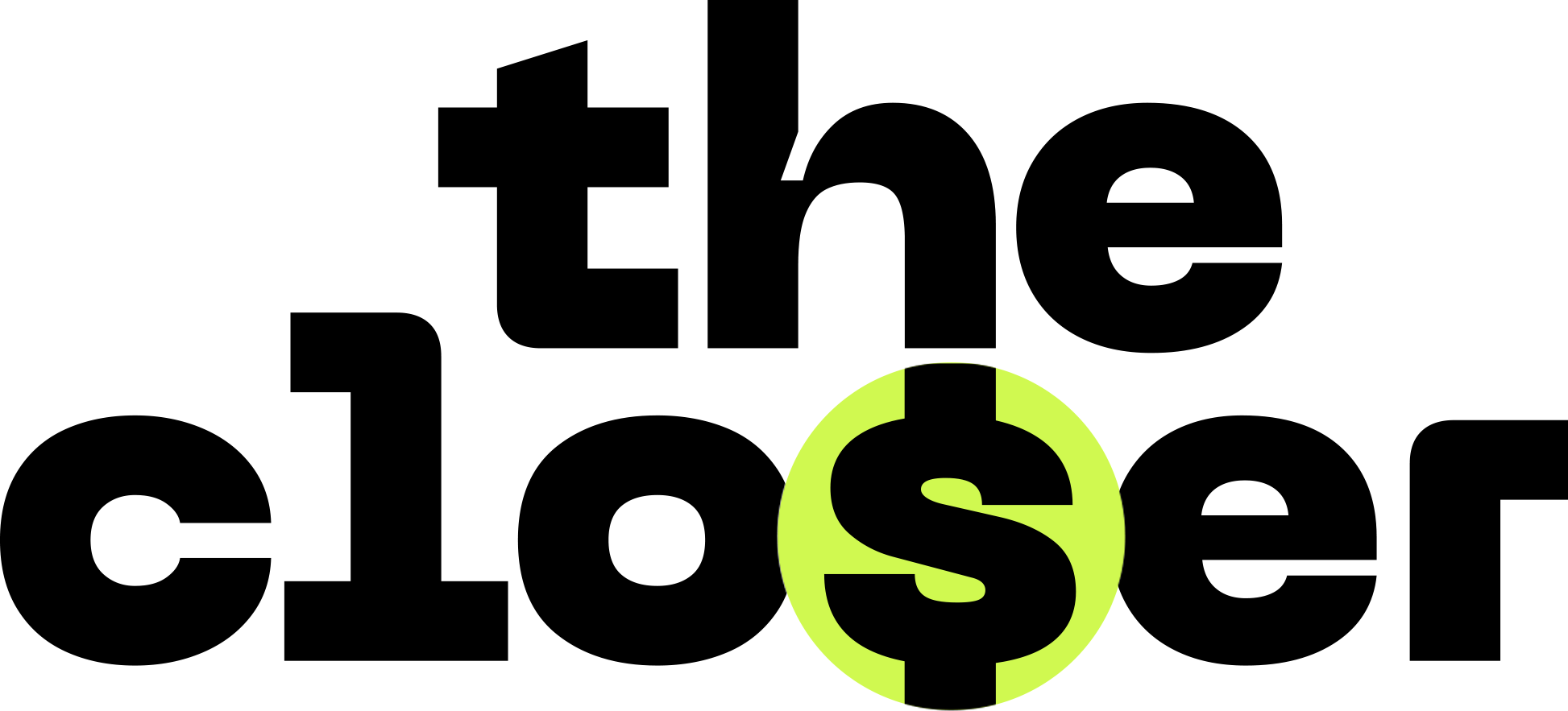Good morning and welcome to The Closer, the newsletter all about deals. Today’s edition is short and sharp — one tactic, backed by research, to help you negotiate smarter. No headlines, no noise — just a Nugget you can deploy by lunchtime.
If you have a friend trying to work something out – a big deal, a tricky negotiation – please forward this to them.
Join the community by following us on X and Linkedin.
EMOTIONAL
CONTAGION
Closer Tactic #59 • Deal Psychology
Most people try to control their own emotions.
Winners manage their counterpart's emotions.
The Nugget
Emotions spread between negotiators, and strategic emotional expression can influence outcomes.
During Carl Icahn's activist campaigns, he's known for displaying controlled frustration in boardroom negotiations—not losing his temper, but showing enough irritation to make directors uncomfortable with the status quo. This emotional pressure often leads to quicker concessions on governance changes.
Research shows that expressed emotions influence counterpart behavior more than hidden ones.
How to Deploy
• Show controlled versions of strategic emotions (mild frustration, cautious optimism)
• Match your emotional expression to your desired outcome
• Use positive emotions to build rapport, negative ones to create urgency
Avoid losing emotional control or using emotions that don't match your goals.
Takeaway
Your emotions are negotiation tools—use them strategically, not accidentally.
Reply with how you use emotions strategically in deals—
we might feature you (and send a mug).





